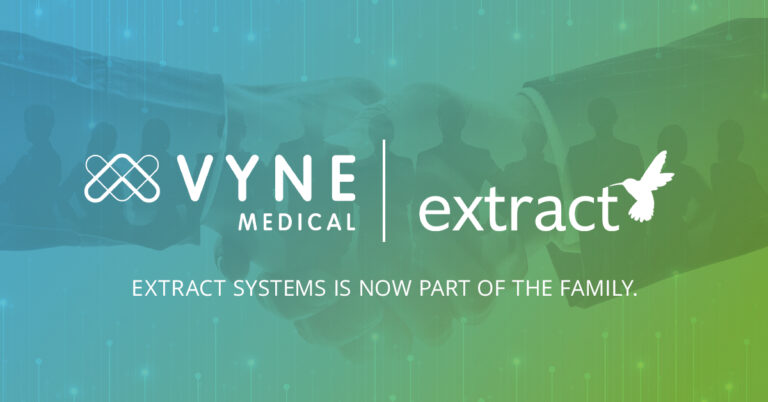
AI & Social Determinants of Health
What determines a person’s level of health? Most experts agree it’s a combination of genetic, lifestyle, environmental, and sociocultural factors. Providers are trained to screen patients for these factors to evaluate their risk for certain conditions. But sometimes social factors are difficult to predict or control. These factors include access to healthy food, access to career and educational opportunities, exposure to violence, poverty level, emotional state, and degree of literacy. Nearly 70% of patients face challenges in at least one of these areas. For example, if a patient lives in a “food desert,” they may be more prone to malnourishment, obesity, or both. Native Americans living on a reservation experience higher levels of diseases such as diabetes and cancer, partly due to lower income and insurance coverage levels. Patients that live far away from the nearest hospital or clinic may find it difficult to access care.
Artificial Intelligence may be useful in pinpointing which patients are most at risk of health crises by using natural language processing (NLP) to read providers’ notes in medical records and identifying words or phrases that indicate an obstacle to good health. At the Medical University of South Carolina, scientists were able to train NLP software to successfully search through notes for indicators of social isolation in order to determine with 90% accuracy which patients may be at risk of mental or physical health problems. Rush University in Chicago, in conjunction with the technology firm NowPow, developed a system that integrates with Rush’s EMR and prompts providers to ask patients questions that screen for common social determinants. Once the answers are entered into the EMR, they are automatically combined with the patient’s medical history, creating a patient profile which is sent securely to NowPow. NowPow’s software will then use this information to connect the patient with the health resources for which they displayed a need. The software is able to send this information via email or text to both the patient and the contact person for the community resource.
Another new software program from a company called Innovaccer gleans data from EMRs, lab systems, and other types of documentation in order to produce insightful information on each patient. This platform can deliver specially designed surveys to patients to assess the social challenges they face and share the results with the patient’s care team. The software can also assess the health needs of the greater community in order to improve outcomes. QPID Health, developed by Partners Healthcare in 2012, leverages natural language processing and machine learning to yield actionable data specific to each patient. The software finds valuable information in structured and unstructured documents. The Geneia Data Intelligence Lab uses AI to develop algorithms that can identify patients at risk of costly, potentially life-threatening conditions like heart failure, reducing costs for the patient and the health system.
One challenge to widespread use of this type of AI is that physicians do not always note social health determinants in the EMR, even though studies have shown these factors have a huge impact on patient outcomes. In addition, if a patient lives in a rural area, far from the nearest health provider, it may be difficult to collect information about him or her. And whenever AI is introduced, there are bound to be concerns about the quality of the data collected. Despite these challenges, the future looks brighter for patients who require community support to reach health goals.
At Extract, we believe in producing exceptional software that makes it faster and easier for providers to understand their patients’ needs and challenges in order to produce better health outcomes. Reach out today for more information.
Further Reading:
Types of Social Health Determinants
https://www.healthypeople.gov/2020/topics-objectives/topic/social-determinants-of-health
Rush University Study
https://www.rush.edu/news/health-care-includes-meeting-basic-needs
https://www.rush.edu/news/press-releases/rush-university-medical-center-again-honored-equity-care
Social Health Determinants Common to Native Americans
https://www.ihs.gov/newsroom/factsheets/disparities/
https://www.asaging.org/blog/historic-and-ongoing-issue-health-disparities-among-native-elders
MUSC Study
https://healthitanalytics.com/news/natural-language-processing-detects-social-isolation-in-patients|
General Info
https://www.healthcarefinancenews.com/news/addressing-social-determinants-health-consider-artificial-intelligence-and-machine-learning
https://healthjournalism.org/blog/2019/02/how-machine-learning-and-artificial-intelligence-might-influence-social-determinants-of-health/
https://healthitanalytics.com/news/collecting-social-determinants-data-with-communication-data-sharing
https://www.signifyresearch.net/digital-health/ai-sdoh-revolutionise-healthcare-prediction/
https://hitconsultant.net/2019/02/25/augmented-intelligence-sdoh/#.XRE_euhKi71
Innovaccer
https://innovaccer.com/solutions/sdoh/
QPID
https://www.healthcareglobal.com/hospitals/how-evicores-acquisition-qpid-health-will-support-shift-value-based-care
Geneia/Challenges of AI & SDOH
https://medcitynews.com/2019/06/artificial-intelligence-meets-population-health-what-data-challenges-need-to-be-addressed/


